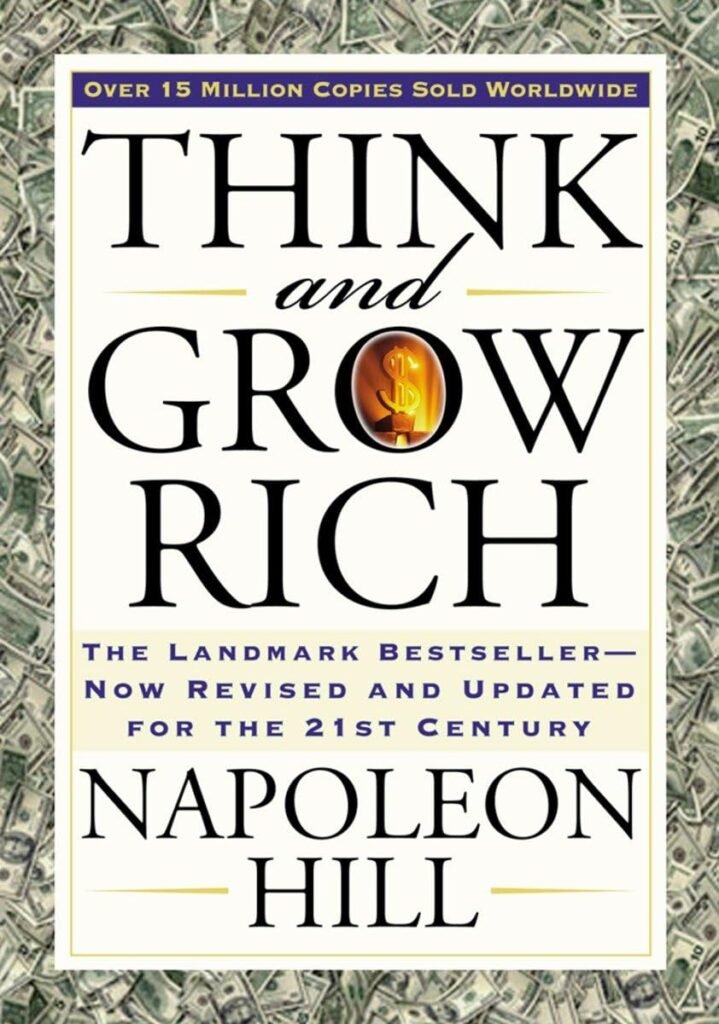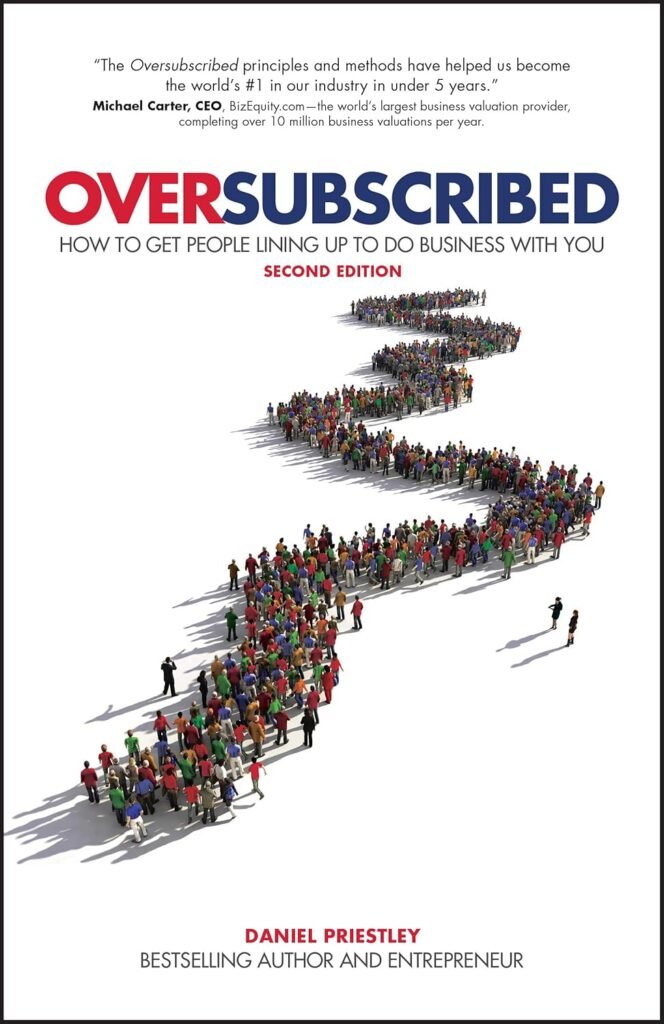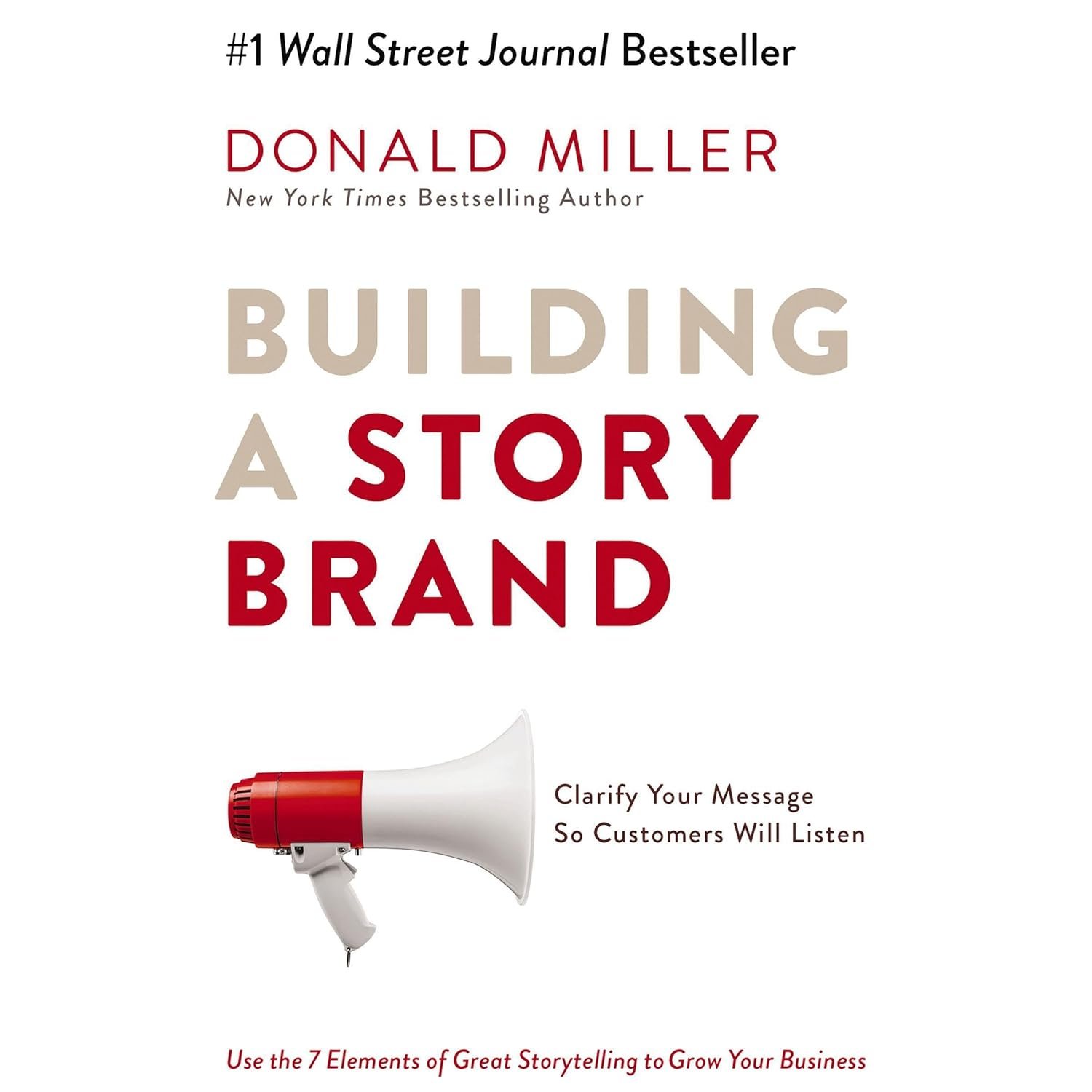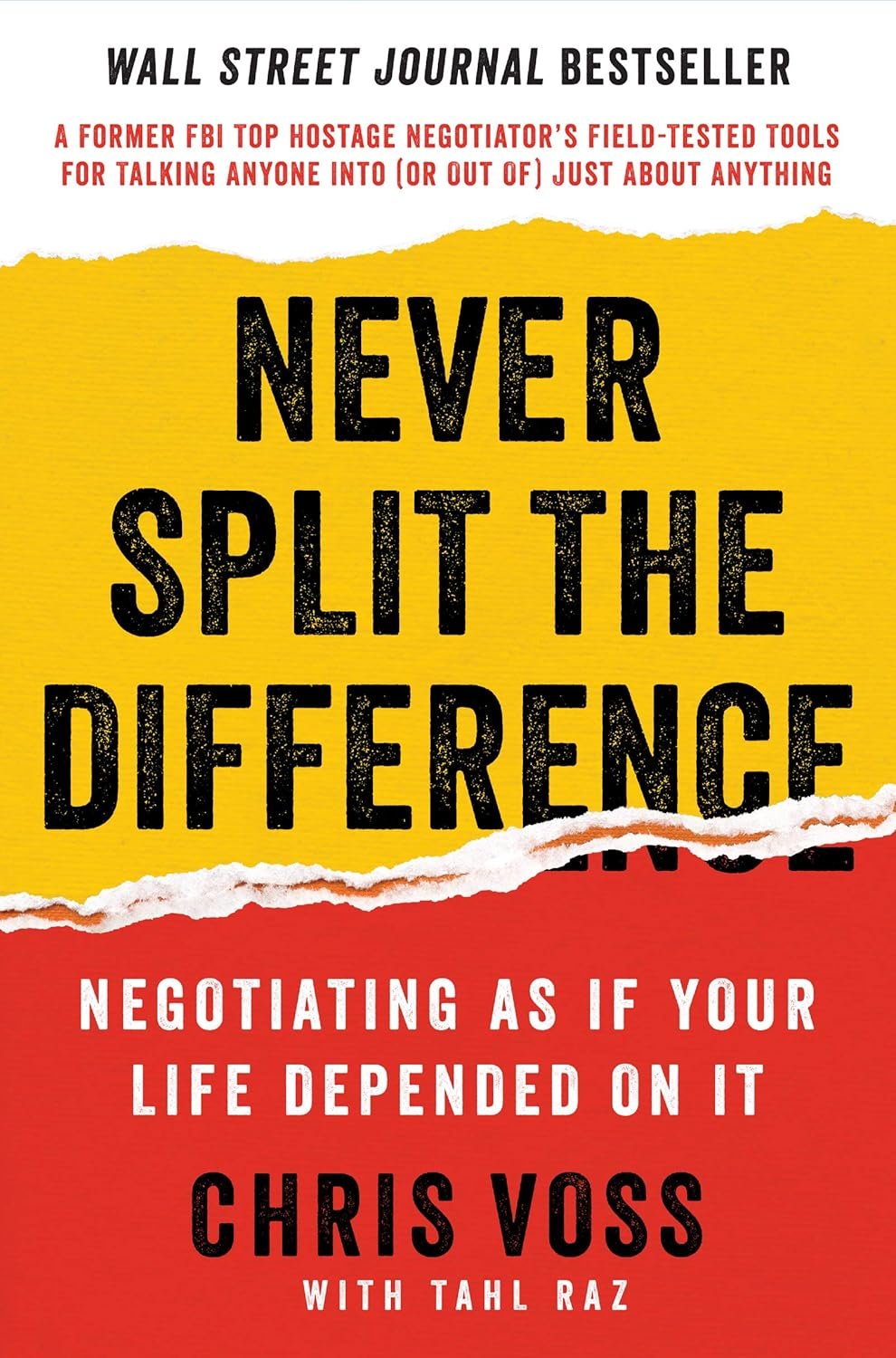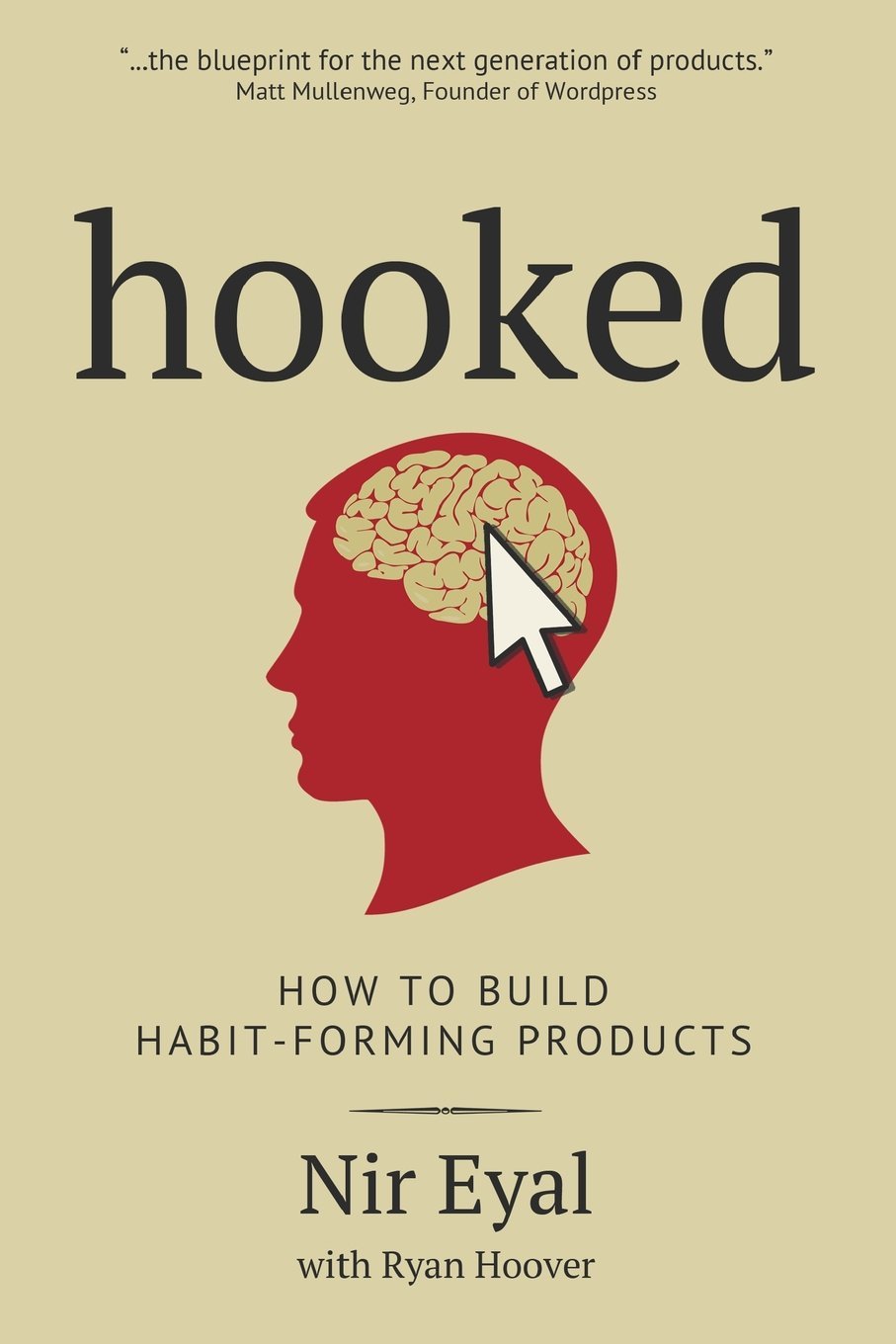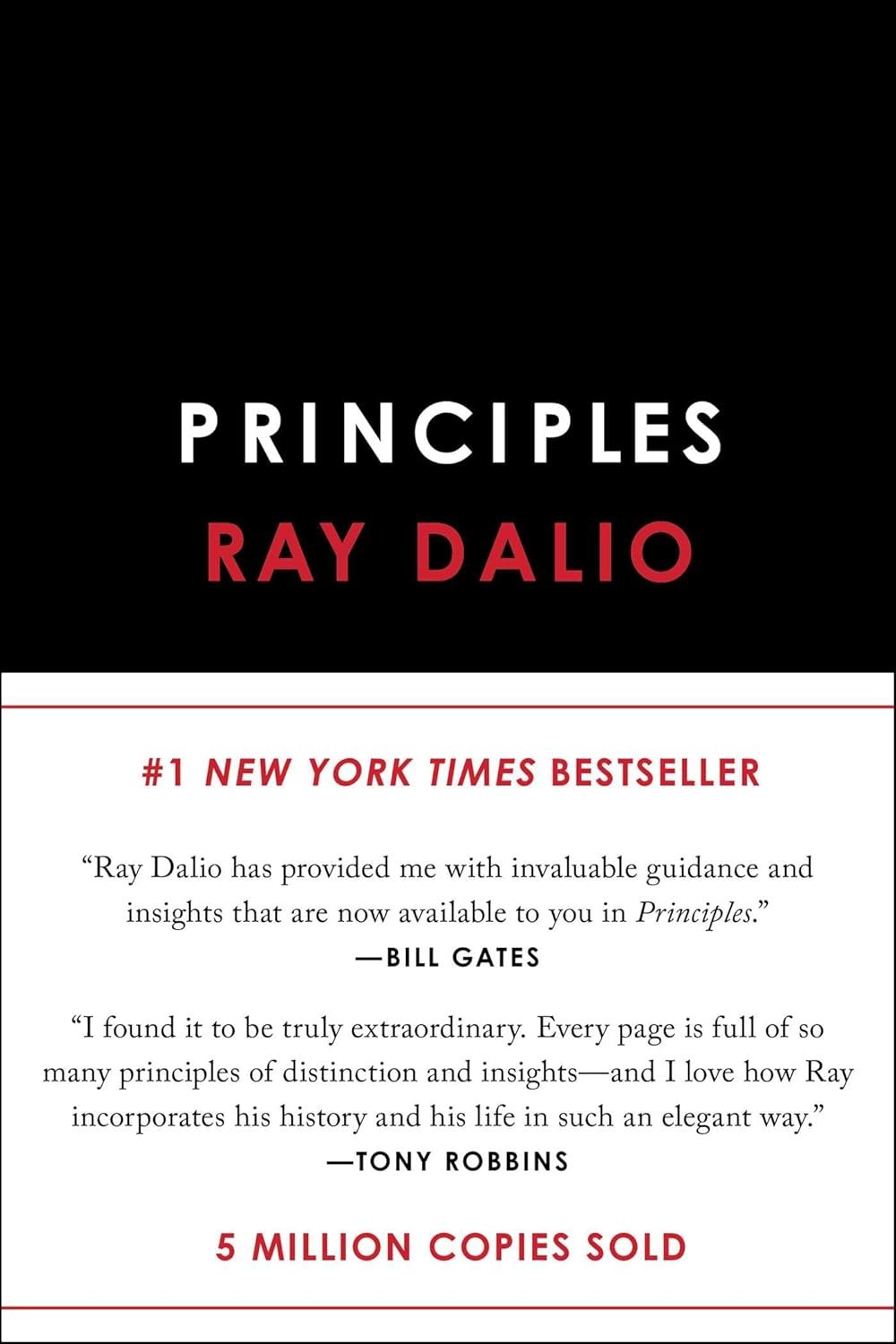Business Unfiltered
BU
BY
Jake Chappell

Behind every great business is a story
Business Unfiltered reveals the journeys of entrepreneurs, leaders, and creatives, sharing lessons to help you grow faster and smarter.
We share what truly drives success and, just as importantly, what to avoid along the way. Through candid conversations, we transform hard-earned wisdom into actionable steps, giving you the tools to navigate your path with confidence and clarity.
Each episode is a masterclass in turning obstacles into opportunities and insights into growth.
Better Insights, Better Actions, Better You!
Behind every great business is a story
Business Unfiltered reveals the journeys of entrepreneurs, leaders, and creatives, sharing lessons to help you grow faster and smarter.
Better Insights, Better Actions, Better You!
Featured Episodes
Featured Episodes
Liz Weber: Transforming Leadership and Workplace Culture
Have you ever wondered how to create a stronger, more effective leadership team?
This week on Business Unfiltered, Jake sits down with Liz Weber, a leadership expert and trusted advisor to top executives and boards. Liz shares powerful insights on transforming workplace culture, strengthening executive teams, and preparing for smooth leadership transitions.
If you’re ready to elevate your leadership and drive meaningful results, this episode is for you.
Liz Weber: Transforming Leadership and Workplace Culture
If you’re ready to elevate your leadership and drive meaningful results, this episode is for you.
Roman Fischer: Turning Passion Into Profit with a Purpose-Driven Brand
Have you ever wondered how to turn a passion into a thriving business?
This week on Business Unfiltered, Jake talks with Roman Fischer, a fitness and nutrition coach who turned personal loss into a mission-focused career. Roman shares how he built his brand, overcame challenges, and stayed true to his purpose—all while helping others transform their lives.
If you’re ready to grow your business and learn from real-world experience, this episode is for you.
Richard Levy: Elevating Brands Through Strategy, Leadership, and Performance
Ever wondered what it takes to drive real brand growth and business success in today’s competitive market?
This week on Business Unfiltered, Jake dives into the world of marketing with Richard Levy, an MBA-qualified marketer with a proven track record of transforming acquisition trends and leading high-performing teams. With experience across the UK, EMEA, and North America, Richard has held pivotal roles at GE, Santander, MoneyGram, and OFX.
In this episode, Richard reveals how he combines brand and performance marketing to create impactful growth strategies, shares insights on effective leadership, and discusses the trends shaping the future of marketing.
Subscribe now on your favourite platform
Subscribe now on your favourite platform
Looking for Something Specific?
Looking for Something Specific?
Browse the entire Business Unfiltered content library.
Browse the entire Business Unfiltered content library.
Branding
Branding is the process of creating a distinct identity for a business that communicates its values, purpose, and what it stands for. It is how a business presents itself to the world and the way it connects with its audience. A brand is shaped by everything a company does, from its products and services to the way it interacts with customers and the overall experience it offers.
At its core, branding is about consistency. It’s about delivering a clear message that resonates with people, building trust and recognition over time. A strong brand reflects the company’s mission, creates a memorable impression, and fosters emotional connections with its audience.
Branding helps businesses differentiate themselves in a crowded marketplace by aligning their visual identity, tone, and values with the needs and expectations of their target audience. It’s not only about being remembered, but about making a meaningful impact in the lives of customers, whether through the quality of the product, the customer service experience, or the company’s overall mission.
Effective branding is essential for building long-term loyalty, as it creates a sense of familiarity and trust. It provides a clear sense of purpose that guides the business and its communication, making it easier for customers to engage with and support the company.
Featured Content
Richard Levy: Elevating Brands Through Strategy
Zack Colman: Power Branding
Luke Eggebraaten – build a strong brand
Scaling
Scaling refers to the process of expanding a business to handle increased demand, grow revenue, and reach new markets, all while maintaining quality and performance. It’s a key stage for businesses that have already achieved initial success and are ready to move beyond the startup phase. Scaling is about more than just increasing sales; it’s about building a sustainable and efficient model that supports long-term growth.
Effective scaling requires strategic planning, optimizing operations, and ensuring that resources, technology, and infrastructure are aligned with the business’s growth goals. This includes refining processes, improving efficiency, and building a strong team capable of managing the expanding workload.
One of the challenges of scaling is managing the growing complexity of the business. As a company grows, maintaining customer satisfaction, brand integrity, and company culture becomes increasingly important. Scaling also involves using data to make informed decisions, optimizing marketing strategies, and seeking out new opportunities for growth.
A successful scaling strategy allows businesses to transition from a small operation to a larger, more established entity, ensuring long-term success in a competitive market.
Featured Content
Startups
A startup is a business in its early stages, focused on developing a unique product or service to address a market gap. The process of building a brand for a startup involves defining the business’s identity, values, and mission in a way that resonates with the target audience. Unlike established companies, startups often have the challenge of creating recognition from scratch, making brand strategy and execution crucial to success.
At the core of startup branding is clarity. Founders need to establish what their brand stands for and how it differentiates itself in a crowded market. This includes not only creating a visual identity but also crafting a compelling story that connects emotionally with customers. A strong brand can help startups attract investment, secure customers, and create long-term loyalty.
For a startup, building a brand is a continual process of evolution. As the business grows, the brand must adapt to new market conditions and customer feedback, while staying true to its core values and mission. A well-executed brand strategy helps startups stand out, navigate competition, and build a loyal following, laying the foundation for future growth and success.
Featured Content
Leadership
Leadership refers to the ability to influence, motivate, and guide individuals or teams towards achieving goals and objectives. In a business context, leadership is essential for setting the vision, making strategic decisions, and creating an environment that inspires employees to perform at their best. Strong leadership can make the difference between a thriving business and one that struggles to succeed.
Effective leaders provide clear direction, foster collaboration, and are capable of making tough decisions while maintaining a focus on the company’s mission and values. Leadership is not about being in charge; it’s about taking care of those in your charge. Great leaders listen, empower others, and lead by example, creating a culture of trust, respect, and accountability.
Leadership also involves developing a strong team, providing mentorship, and helping individuals grow professionally. A leader’s ability to communicate the company’s vision and rally the team around it is crucial for driving long-term success. In times of uncertainty, strong leadership helps guide the business through challenges and adapt to changing market conditions.
Whether you’re leading a small team or an entire organization, effective leadership is fundamental to achieving business goals and creating a lasting impact.
Featured Content
Innovation
Innovation refers to the process of creating new ideas, products, or methods that bring value to a business or industry. In today’s fast-paced market, innovation is essential for staying competitive and relevant. It’s about thinking creatively, challenging the status quo, and constantly seeking ways to improve, adapt, and solve problems in novel ways.
Effective innovation requires a culture that encourages experimentation and risk-taking. It involves continuously exploring new opportunities, technologies, and approaches to meet customer needs and enhance business operations. Innovation isn’t limited to product development—it can also encompass new business models, marketing strategies, and ways of delivering customer service.
At its core, innovation is about making a positive impact and driving change. Businesses that prioritize innovation often lead the way in their industries, discovering new solutions and opening up new markets. However, innovation also requires the ability to manage change, adapt to new realities, and balance creative ideas with practical execution.
By fostering an innovative mindset, businesses can not only stay ahead of competitors but also create lasting value for their customers and communities, positioning themselves for long-term success.
Featured Content
Blank
Blank
Blank
Strategy
Strategy refers to the plan of action designed to achieve long-term goals and objectives. In business, strategy is the blueprint that guides decision-making, resource allocation, and market positioning. It helps organizations define their vision, identify opportunities, and determine the best course of action to navigate challenges and competition.
A strong strategy involves analyzing the business environment, understanding market trends, and assessing internal strengths and weaknesses. It requires clear goals, careful planning, and the flexibility to adapt as circumstances change. Good strategies are data-driven and rooted in deep insights into customer needs, competitor behavior, and industry shifts.
Executing a successful strategy requires alignment across the entire organization, from leadership to employees, ensuring that everyone is working toward a common vision. It also involves monitoring progress, evaluating performance, and adjusting the approach when necessary.
Whether it’s a growth strategy, a market entry strategy, or a cost leadership strategy, having a well-thought-out plan is critical for guiding businesses through both opportunities and uncertainties, ensuring long-term success.
Featured Content
Blank
Blank
Blank
Marketing
Marketing refers to the activities and strategies used to promote and sell products or services. At its core, marketing is about understanding customer needs and communicating the value of a product or service in a way that resonates with the target audience. It involves everything from market research and product development to branding, advertising, and customer engagement.
Effective marketing is built on a clear understanding of who your customers are, what they want, and how they make purchasing decisions. It’s about creating a strong, consistent message that aligns with the company’s values and vision while addressing customer pain points and desires. With the rise of digital channels, marketing today also includes social media, email campaigns, content marketing, and search engine optimization (SEO).
A successful marketing strategy requires both creativity and data-driven decision-making. By using insights and analytics, businesses can refine their approach, optimize their messaging, and reach the right people at the right time. Whether you’re building brand awareness, generating leads, or retaining customers, marketing is essential for driving business growth and creating lasting relationships with your audience.
Featured Content
Blank
Blank
Blank
Recommended Professionals
Jake's Book Recommendations
Jake's Book Recommendations
Think and Grow Rich
The bestselling success book of all time
Think and Grow Rich has been called the “Granddaddy of All Motivational Literature.” It was the first book to boldly ask, “What makes a winner?” The man who asked and listened for the answer, Napoleon Hill, is now counted in the top ranks of the world’s winners himself. The most famous of all teachers of success spent “a fortune and the better part of a lifetime of effort” to produce the “Law of Success” philosophy that forms the basis of his books and that is so powerfully summarized in this one.
In the original Think and Grow Rich, published in 1937, Hill draws on stories of Andrew Carnegie, Thomas Edison, Henry Ford, and other millionaires of his generation to illustrate his principles. In the updated version, Arthur R. Pell, Ph.D., a nationally known author, lecturer, and consultant in human resources management and an expert in applying Hill’s thought, deftly interweaves anecdotes of how contemporary millionaires and billionaires, such as Bill Gates, Mary Kay Ash, Dave Thomas, and Sir John Templeton, achieved their wealth. Outmoded or arcane terminology and examples are faithfully refreshed to preclude any stumbling blocks to a new generation of readers.
